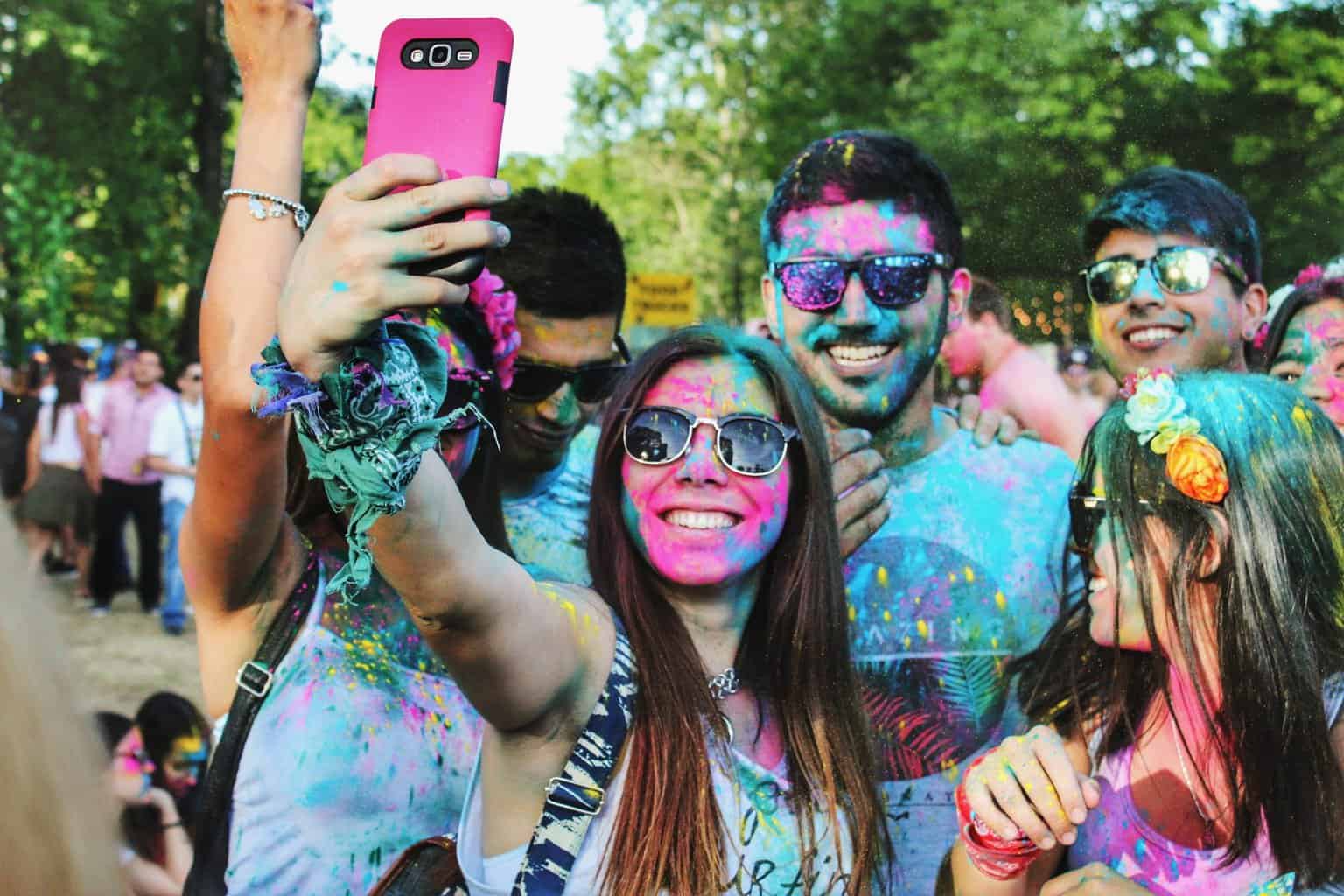TikTok creators have redefined “influencers”: what does this mean?

TikTok has released a study on influencers on their Creative Centre, posing their theory for what makes an influencer in 2022 and why the “traditional influencers’” way of doing things isn’t working anymore.
TikTok separates itself from influencers on other platforms, laying out why the platform thinks its influencers are gaining so many followers, more engagement, and views. And it’s hard to argue with the evidence. It seems today, young people in the US are spending an average of 89 minutes a day on the app. There must be something that makes TikTok creators stand out amongst the Instagram models, YouTube creators, and bloggers of the internet.
Well, TikTok has some theories and we’re breaking them down.
“Expert” influencers have lost the faith of the crowd
TikTok’s main point is that larger, more “traditional” influencers have lost the crowd. It’s a narrative we’ve heard for a while now and gave rise to micro-influencers, who are considered more trustworthy and humbler. Vulnerability over expert opinions is considered the new way to get someone on your side.
To push it even further, TikTok argues that its platform is better suited to micro-influencers due to the nature of the platform. Content isn’t typically polished or features beautiful backdrops, but for a majority of the time takes place in either a bedroom or a workplace, made on the fly.
“If traditional influencers inspire through status and a handcrafted persona, TikTok Creators do it through honesty and imagination.”
TikTok encourages community
The concept of micro-influencers might not have been established on TikTok, but it certainly exploded due to TikTok’s nature.
A lot of features of TikTok encourage community and the idea of people finding their people. Mainly, the idea of hashtags and the algorithm has been well deployed to allow users to find their people. On TikTok, rather than the biggest names like Charlie D’Amelio taking over everything, you might not even see the biggest TikTok star on your feed. Instead, pockets of communities are evolving, with naturally occurring leaders taking charge.
The benefit here, as it adheres to marketing, is that users are listening to people much like them. They’re seeing other creators on the site, perhaps not at the level of “influencer” or even “micro-influencer” putting their two cents into subjects that involve them, and somewhere in the discussion is a product floating around, originally posted by the micro-influencers of the group, and they’re thinking that “if it works for them, chances are it’ll work for me”.
“Creators have built an environment where everyone is encouraged to share ideas and step into the ‘influencer’ role – no special skills required.”
There is a 2-way conversation
Another aspect of TikTok that aids this community feeling is the fact that TikTok allows for more of a two-way conversation. Once upon a time that was the brilliance of YouTube, that viewers could comment and creators could listen, but that’s become overwhelming in long-form video format for any creator with even a small following, and comments largely are ignored, if only for the sake of mental health.
On TikTok, you have a lot of people on a fairly level playing field. It’s less about creator versus commenter and more about the range of followers. Responding to a short-form video is a lot more accessible with the concept of Duets and Stitch features, creating a conversation that anyone can get involved in.
“Once a video is posted, it doesn’t just hang like a bulletin in the town square. It’s shaped by the whole community until it becomes something big, loud, fun, and meaningful.”
Where is the benefit?
The benefit of all these features is a far more engaged audience for the purpose of marketing.
If users are losing faith in influencers, then the influencers lose their influence, making them pretty useless. Evidence of users losing faith in bigger, “traditional” influencers, as TikTok would call them, is seen in internet culture. Social media is considered self-regulatory, and when there are more and more scandals that, at worst are criminal in nature, but at best depict an influencer losing touch with the common user, there is nothing to tether users to them, to say “They’re like me, so I should do what they’re doing, like using that product.”
The more influencers can get away from their lavish lifestyle idealized idea of what makes an influencer and get closer to a user simply trying to, for example, make a living, do what they love, send a message, etc. the more users will respond, and crucially, take them seriously when they say, “I’ve tried this, and I love it. You should try it too.”
If you’re interested in other aspects of affiliate marketing and social media marketing, take a look at our blog, or for more personalized information, book a free call with a member of our team.
Or you can always attend our Elevate Summit in July, where there will be industry international speakers, expert panel discussions, classes, and networking at this affiliate marketing event.






